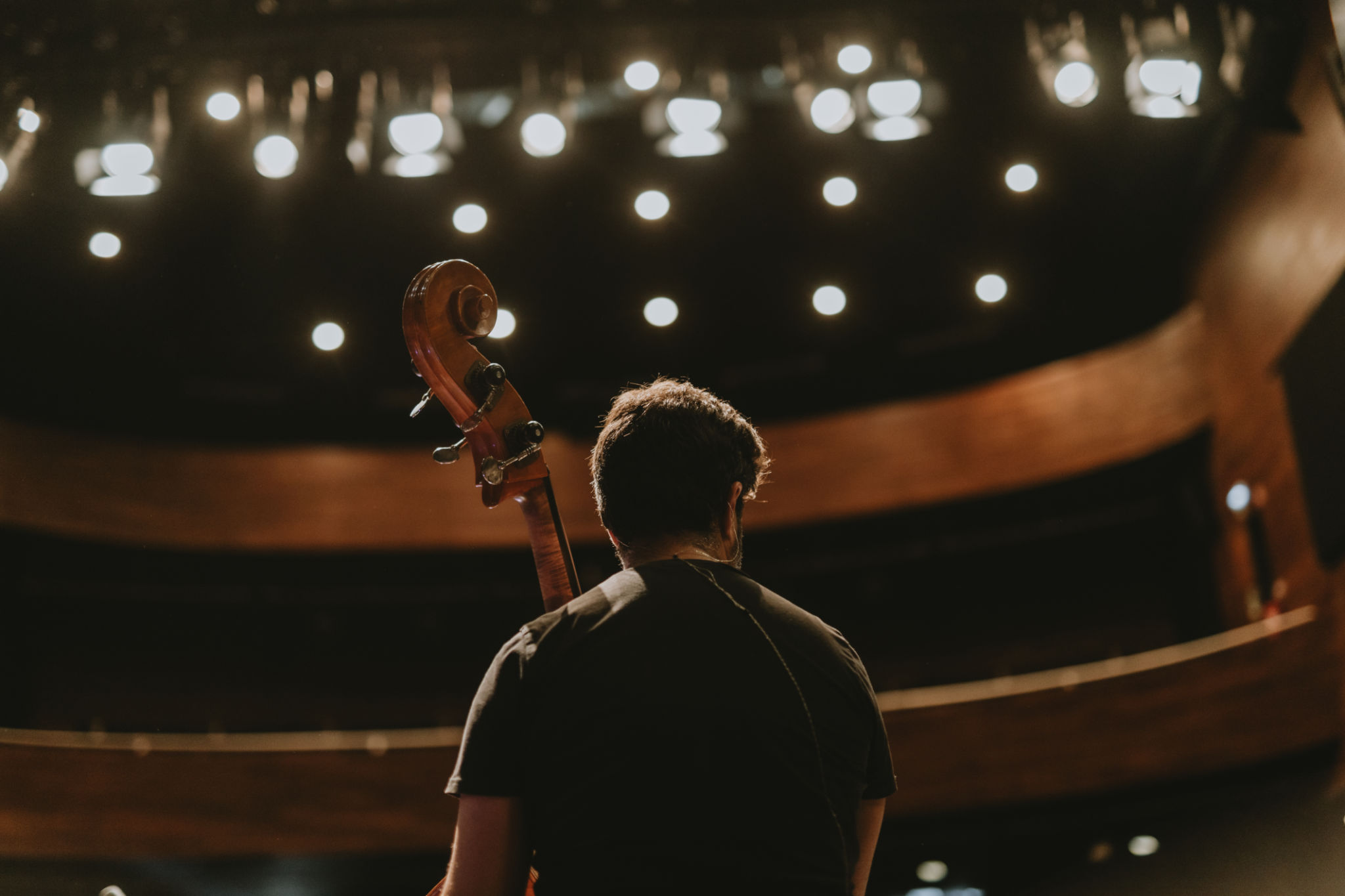Mastering Live Performance Coordination in London: Essential Tips for Success
Understanding the Landscape of Live Performance in London
London is one of the world's most vibrant cities, known for its diverse culture and rich artistic scene. Hosting a live performance in this city can be both exhilarating and challenging. From theatres to open-air venues, London offers a plethora of options for performers and coordinators alike. However, to truly master live performance coordination in this bustling city, there are several essential aspects one must consider.

Planning and Logistics
The first step in coordinating a successful live performance is meticulous planning. This involves selecting the right venue, securing necessary permits, and organizing equipment. Given London's extensive public transport system and unique traffic patterns, coordinators must also plan for transportation logistics to ensure both performers and audience members can easily access the venue.
Creating a detailed timeline is crucial. This timeline should include setup times, sound checks, rehearsals, and the actual performance. By clearly outlining each step, coordinators can avoid unnecessary stress and ensure a seamless experience for everyone involved.
Building a Strong Team
No live performance can succeed without a dedicated team working behind the scenes. From stage managers to sound technicians, each team member plays a vital role in the production. In London, where competition for talent can be fierce, it's important to build a team that is experienced and adaptable.

Effective communication among team members is also essential. Regular meetings and updates ensure that everyone is on the same page, and any potential issues are addressed promptly. Additionally, fostering a positive work environment can boost morale and encourage collaboration.
Marketing and Audience Engagement
Marketing is key to attracting an audience in a city as dynamic as London. Utilizing social media platforms, local press, and event listing websites can significantly increase visibility. Engaging with potential attendees through interactive content such as behind-the-scenes videos or live Q&A sessions can also generate excitement.

Consider offering early bird tickets or group discounts to encourage early bookings. This not only helps in predicting audience size but also creates buzz around the event. Engaging with local communities and influencers can further enhance reach and credibility.
Adapting to Unforeseen Challenges
In the world of live performances, unexpected challenges are inevitable. Whether it's last-minute cancellations or technical difficulties, coordinators must be prepared to adapt quickly. Having contingency plans in place for various scenarios can help mitigate these issues.
Additionally, staying informed about any local regulations or changes that may affect the event is crucial. This proactive approach ensures that the performance complies with all legal requirements and avoids any potential disruptions.
Post-Event Evaluation
After the curtains close, it's important to conduct a thorough evaluation of the event. Gathering feedback from both team members and attendees provides valuable insights into what worked well and areas for improvement. This information is instrumental in refining future performances.

Consider organizing a debrief meeting with your team to discuss successes and challenges faced during the event. Documenting these discussions allows for better planning and execution in future projects.
Conclusion
Mastering live performance coordination in London requires a blend of strategic planning, effective teamwork, and adaptability. By focusing on these key areas, coordinators can create memorable experiences that resonate with audiences long after the performance ends. With each event, there are opportunities to learn and grow, paving the way for even greater success in this vibrant city.